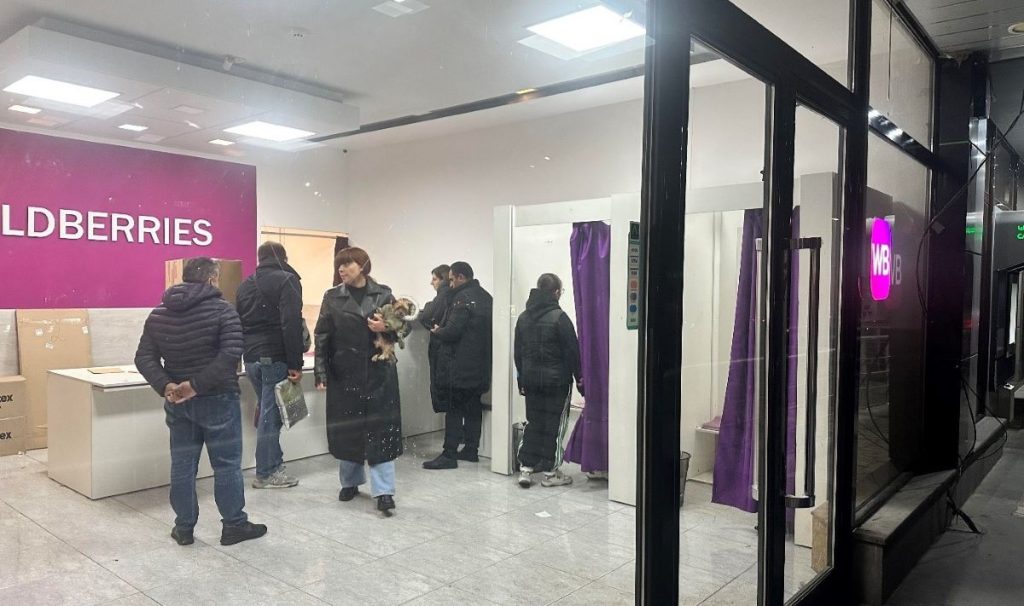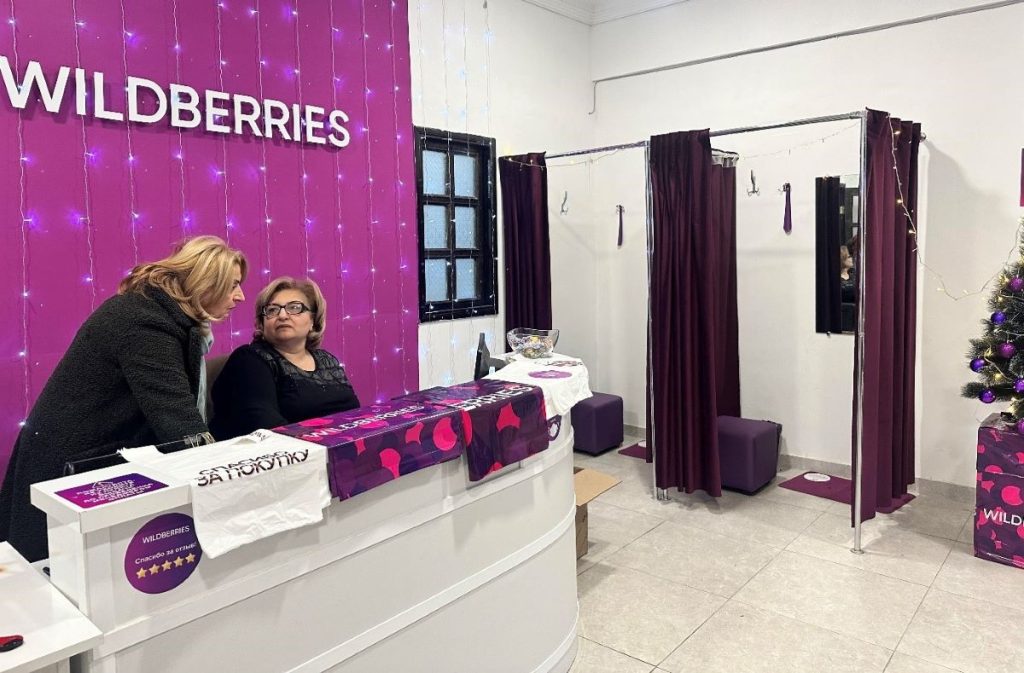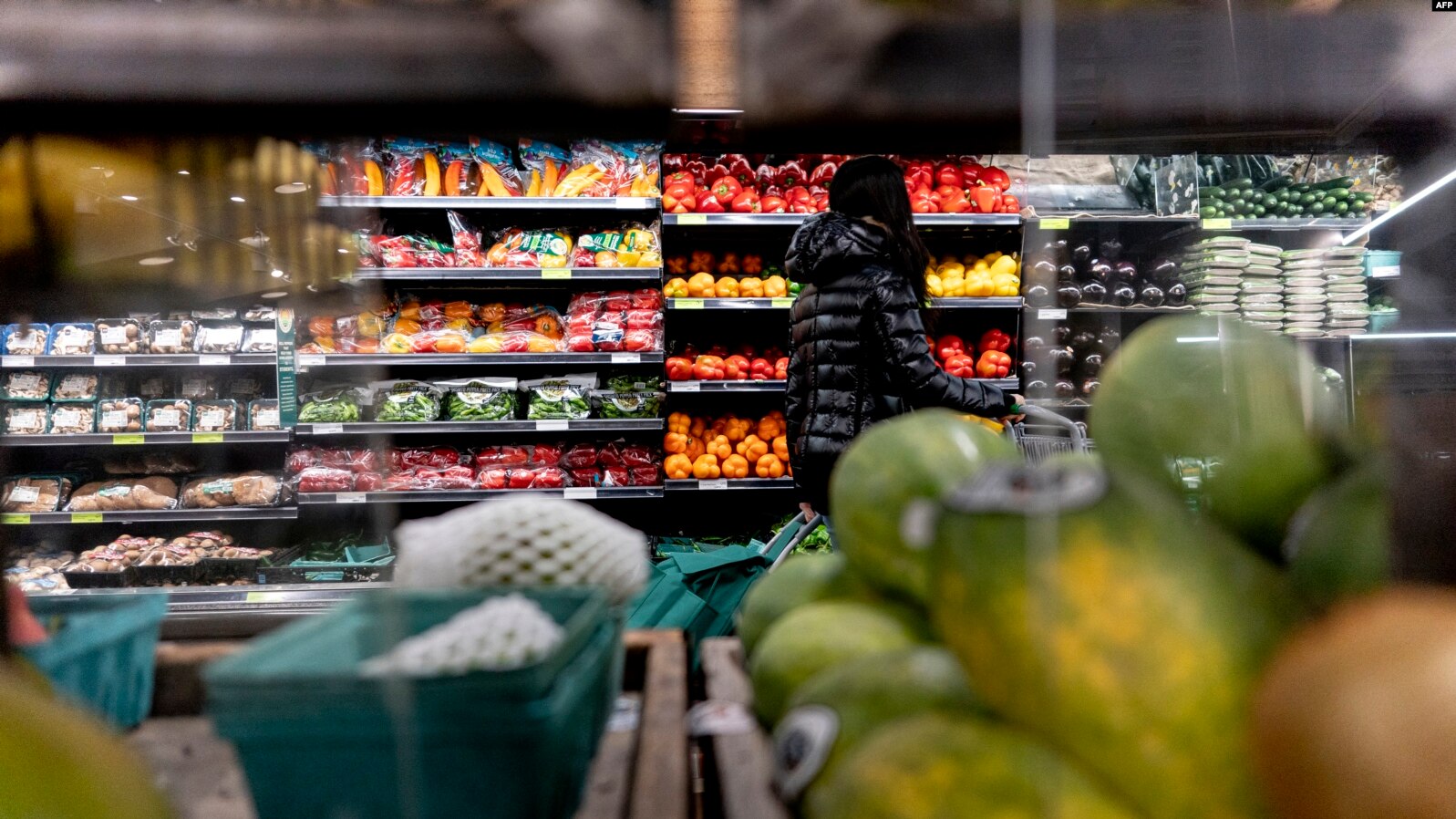Russian company Wildberries in Armenia: Dependence or freedom of choice?
Wildberries in Armenia
The Russian company Wildberries came to the Armenian market in 2018, and has seen huge sales over the past three years. At first, both customers and even employees of the chain considered it just an alternative resource for purchases.
But since 2021 the situation has changed – sales of the online hypermarket in Armenia have increased significantly. At this stage, the company has entered into competition with Armenian manufacturers and companies importing goods from China, Turkey, Iran and other countries, often replacing them.
Now you can find Wildberries on any street in Yerevan. They are open until 22:00 and 23:00, later than all other stores selling clothes and household goods. Most of them become profitable businesses and achieve a competitive advantage over local stores. This is facilitated by both the online sales model and the customs privileges available to Eurasian Economic Union member countries.
The EAEU is under the leadership of Russia. It includes Belarus, Kazakhstan, Kyrgyzstan and Armenia.
- “Economic growth in Armenia is unstable”: analysis of the situation and expert’s forecast
- People, money and the economy: an analysis of the situation in Armenia
- “Armenia’s economic growth potential is not infinite.” Opinion
What Wildberries is and how the company operates in Armenia
Wildberries is a virtual supermarket founded in Russia in 2004 by Vladislav and Tatiana Bakalchuk. This universal shopping network sells almost everything, including clothes, cosmetics, food, home appliances, alcohol, and books.
The company currently operates in Russia, Belarus, Kazakhstan, Uzbekistan, Kyrgyzstan, and Israel. It entered the Armenian market in 2018..
According to the first half of 2023, 270 such outlets are operating in Armenia. There are 1878 local sellers registered on this online shopping platform, and the number of buyers has reached 415 thousand.
Active outlets are mainly located in Yerevan and neighboring cities. However, the company also works in remote town, with delivery handled by Armenia’s postal operator Haypost.
Vladislav Bakalchuk told journalists that one out of every six Armenia residents uses their services. Armenian goods are also on the platform. So far, sales through Wildberries are suitable for large Armenian companies that have partners in Russia.
The company plans to create a new logistics center in Armenia. It will speed up delivery both within the country and from Armenia to Russia, including for those entrepreneurs who do not have warehouses and partners in Russia.
The logistics center will not just be a warehouse, but a place for receiving, sorting, packing and shipping products manufactured in Armenia.

Wildberries and the Armenian economy
According to the State Revenue Committee, Wildberries is 28th on the list of Armenia’s largest taxpayers in the first half of 2023. It paid about 4.7 billion drams ($11,750,000) to the state budget.
Compared to the same period of 2022, the amount of taxes paid by the company increased 16 times. At the end of the first half of last year, the company ranked 403rd in the list of the largest taxpayers. At that time, it paid 295 million drams ($737,500) in taxes to the budget.
The company has more than a thousand employees in Armenia, who receive fixed salaries and interest payments.
“Shopping at Wildberries is more than worthwhile.”
Arpine is 34 years old. More than half of all her monthly purchases are goods ordered from the Wildberries online store. She buys mainly clothes, household appliances, cleaning products, and cosmetics. She calls herself a captive of the company, as she spends $200-300 dollars a month on Wildberries purchases with a salary of only $450.
“It was probably a couple years ago, I needed to buy clothes for my child to perform at a matinee. Some of my friends advised me to look in Wildberries. I found several options, looked at other customers’ reviews and bought the right clothes for only AMD 4300 ($10.75). And the tailor offered to make it for 12 thousand AMD ($30). So I was able to buy the necessary thing three times cheaper,” Arpine says.
According to her, shopping in this network is so profitable that some goods can be ordered and then sold by herself:
“When I just started using the site and there were not so many buyers from Armenia, I used to buy a big batch of some goods and resell them from home.”
The only problem Arpine sees is that she has become “addicted”. She says she often buys things she doesn’t really need. But she is very happy that the online store offers a wide selection of goods.
“With three children, I physically do not have time to go shopping, it takes a lot of time. I prefer to order everything I need in the evenings, when the children are asleep. And then I pick them up at the nearest delivery point – five minutes from home.”

Wildberries as an opportunity to start a business
A few months ago Gayane Alekyan and Karine Karapetyan opened a Wildberries store in Yerevan. Beforehand, they took a one-month course organized by the company to learn the nuances of business. After that they submitted an application for opening their store.
“The first important requirement of the company is to have a suitable space of 50 or more square meters with wide showcases. Furniture and branding in accordance with accepted standards are also required. And this is done at our expense,” Gayane Alekyan explains.
The income of the outlet depends on the number of orders – the more orders, the higher the income. The company pays these percentages weekly to the stores issuing orders. There is also a separate sum for high ratings, both for individual outlets and their employees.

“The company has found ways to incentivize its employees. Even though they are small sums, they motivate them to serve clients faster, with more flexibility and kindness. We have just started working, we don’t earn that much yet, but our expectations are positive,” Karine Karapetyan says.
Among the difficulties, she is most concerned about cases when goods are lost, especially when they are returned and a long correspondence begins, in which it is necessary to prove that the goods have been returned.
She finds it difficult to compare it with other business models, but she is sure that the money, time and risk invested are worthwhile.
Businesses affected by the increased popularity of Wildberries
Armen Gasparyan had to close his store in September 2023. He had been importing and selling clothes from Turkey and China for over 10 years. During this time he was able to attract regular customers and expand his business, opening another store.
“Over the past year, the number of my customers has been gradually decreasing. Wildberries branches opened next to my stores. I noticed that my clients started ordering clothes from this chain. I can’t blame anyone, it’s cheaper for them.”
He believes that although the market is free and unregulated, the government should support small and family businesses, otherwise it will not be able to compete with Wildberries — such as by freezing of interest on loans in banks or their financing by the state, simplification of customs clearance procedures, certain tax benefits:
“I think that the competition is withstood by those stores that do not have loans, that work on their own premises and do not rent. Those who do not have a large staff. Perhaps specialized stores, Armenian branches of famous brands, stores offering Armenian typical products will not fall victim to expansion. They will always have sales.”
He and other merchants affected by the expansion of Wildebrries and the growing popularity of the online chain have met with government officials. They offered to take action but were rebuffed:
“They said we are making super profits, people have got the opportunity to buy cheap goods – so they do. They suggested that we also bring cheap goods from other markets. It is easy to say, but it is necessary to say from which markets and direct them to those markets. Or to help us organize sales, for example, to allocate space for us to sell specific goods. Or create a platform for online sales. But this issue is not on the agenda at the moment, it does not concern the government.”

“Online commerce can have a revitalizing effect on the economy”
Narek Karapetyan, an economist and expert at the Amberd Research Center, believes that the growth of online commerce can have an important healing effect on Armenia’s economy:
“First, it reduces the trade margin, i.e. the difference between price and cost, and provides our citizens with an opportunity to purchase goods at a more affordable price. In addition, it reduces the role of the non-export sector, import-oriented commercial enterprises in the economy a redirects this human capital to productive activities.”
In his opinion, the first stage is painful for some entrepreneurs, but the whole world is now going through a similar process. Many jobs are being replaced by technological solutions, the global economy is “optimizing”, and this opens up opportunities for creative and flexible businesses.
“I think traders also see the risk that the customs territory of the EAEU [an economic union whose members are Russia, Belarus, Armenia, Kazakhstan, Kyrgyzstan] does not fully provide fair conditions. For example, traders operating on online trading platforms get the opportunity to import goods from other EAEU member states more cheaply. This naturally violates the conditions of fair competition.”
He says that one should be very careful when talking about business support. After all, it is carried out at the expense of the whole society.
He adds that small businesses engaged in trade have already been granted unique tax benefits (turnover tax – with a high threshold) nd the customs policy is implemented at the level of the EAEU.
“In the conditions of working in the same tax regime, a change in the composition of entrepreneurs should not have a significant impact on taxes. But since we have different taxation regimes, online trading platforms actually “steal the market” from SMEs operating under the turnover tax regime. Despite this fact, online trade can have a positive impact on tax revenues in general.”
As for the preservation of small stores, he believes that the first thing to worry about is businesses engaged in manufacturing. A “blow” to the import business may even have a salutary effect on the economy.
“The logic of commerce is changing, moving to online platforms in all countries”
Anna Mkheyan has specialized in digital marketing for the last three years. She works in the Armenian network of a well-known brand.
She considers the success of Wildberries in Armenia to be logical, as the form and content of trade has changed worldwide, especially after the coronavirus pandemic:
“Nowadays time-saving, diversity of assortment are very important. The success of this Russian chain is also in the diversity of offerings, fast delivery, flexibility of work. People have a choice, an opportunity to make mistakes and return an order. While in other stores in Armenia a customer cannot always return a low-quality product or a purchase that he or she dislikes, although by law he or she has the right to do so.”
According to the marketer, this is a precedent in Armenia, but abroad it is a common approach to work. And in order for local merchants to withstand competition, they must increase their online work as well.
“You need to have pages of a store or brand in social networks, manage them competently, attract new customers with various advertising tricks. These are the main tasks, but it would be good to cooperate with already established online trading platforms, for example, Wildberries, if the goods are fully or partially produced in Armenia.”
There is no alternative to changing the approach to work, as in the near future many brands and stores will switch to online sales to save money.
“Online shopping is also a way to save time. Modern man is acutely aware of his lack of time, losing time is an unacceptable luxury for him.”
Follow us – Twitter | Facebook | Instagram
Wildberries in Armenia






















